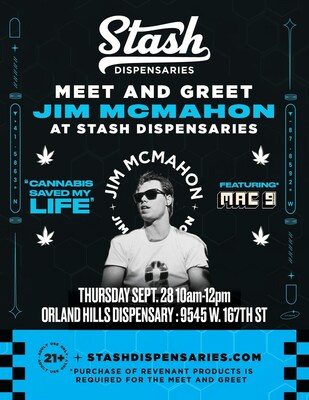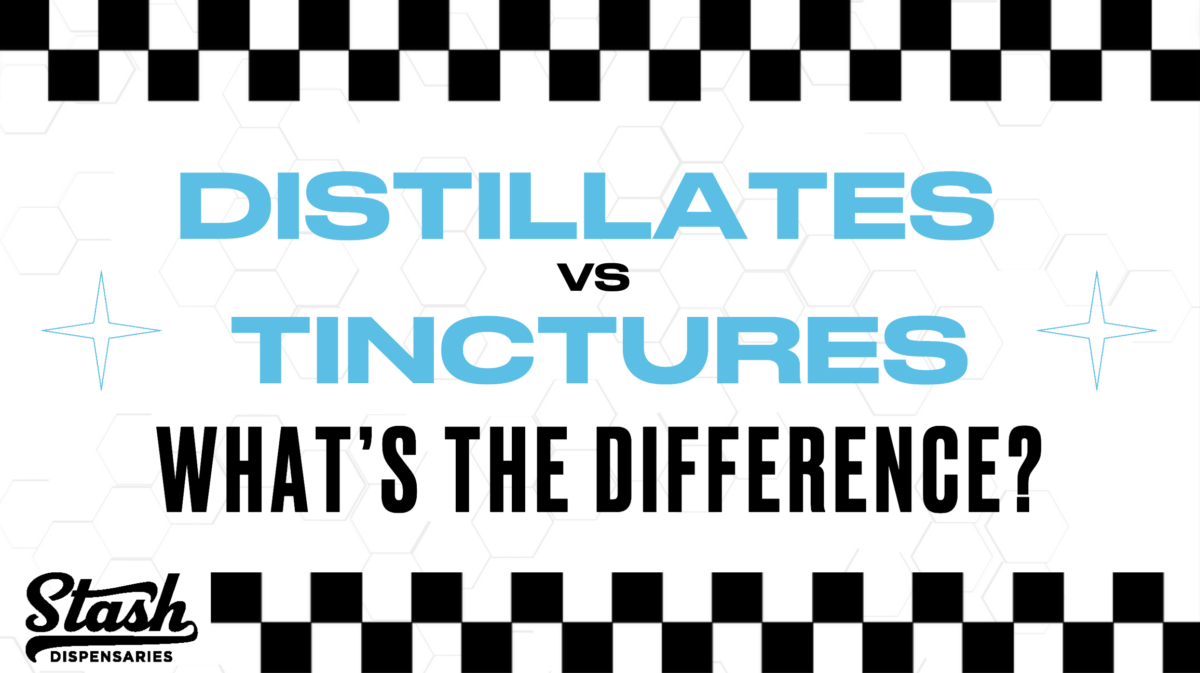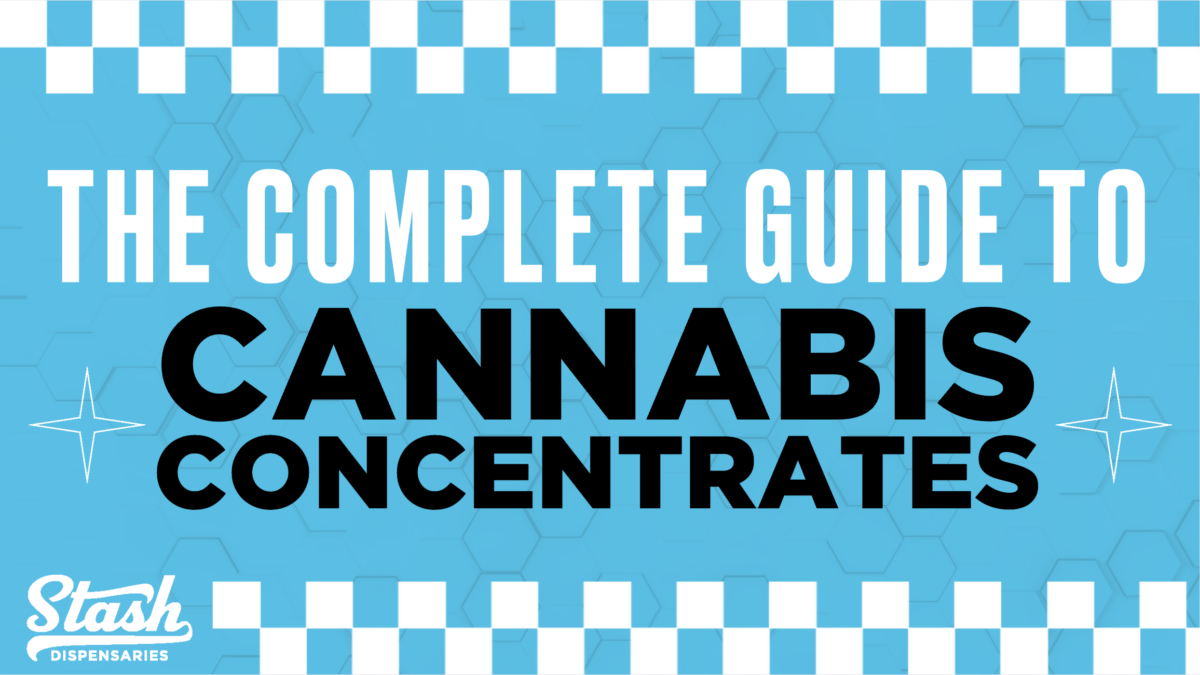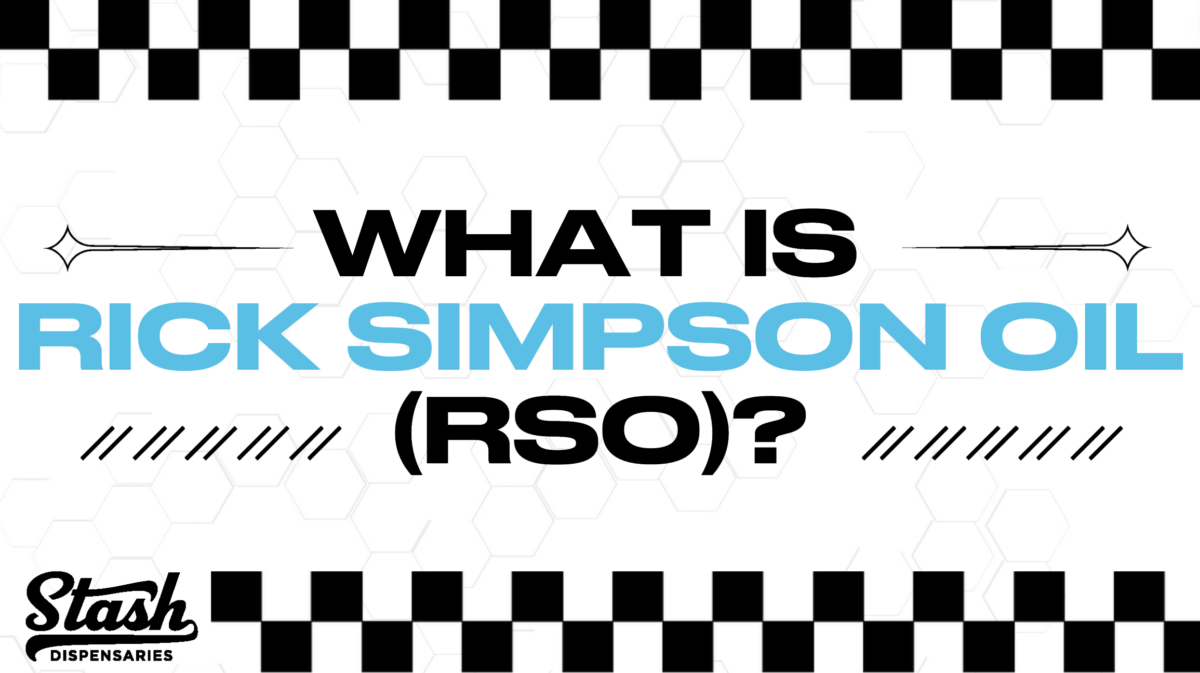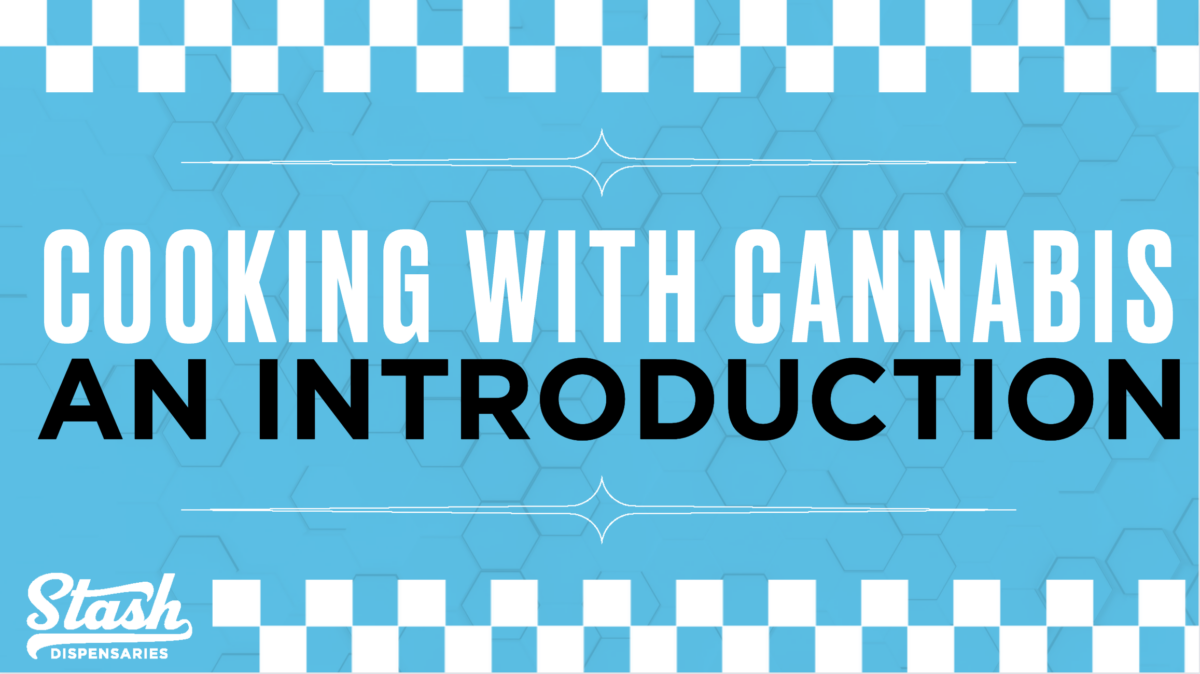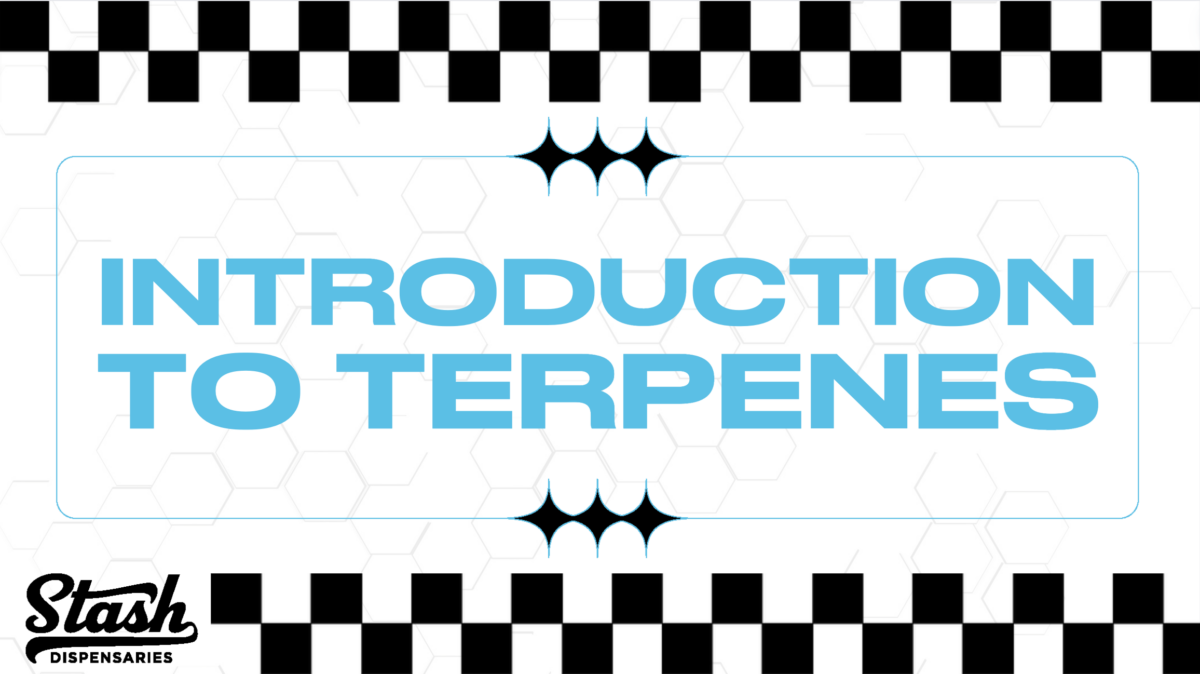While the journey toward wide-sweeping legalization could prove to be a long one, adult-use cannabis’s availability in Illinois is still a victory.
Cannabis (in its many forms) can do wonders for people in a variety of ways, both physical and mental. You can experience relief and generally feel “better” because of this magnificent plant.
On the above note, you’re eligible to purchase for cannabis for a reason: You’ve got a condition you’re trying to treat. Your cannabis usage is therapeutic and meant to be healing.
Every detail matters when it comes to cannabis consumption. Based on your reason for consumption and your response to THC and other compounds, minor product differences can impact your quality of life.
Case in point: Distillates and tinctures could seem identical on the surface. They’re so similar that all differences might appear negligible to the untrained eye. Yet, as a consumer of cannabis, you know to look past the surface. Funnily enough, the tiny differences can make a massive difference in product effectiveness.
Stash Dispensaries is a reliable source for distillates and tinctures alike. We’ve seen firsthand how both options are effective in their own unique ways.
Read on as we explore the differences between distillates and tinctures.
What Are Tinctures?
A tincture is an extract wherein cannabis is infused with a liquid. It’s meant for sublingual consumption (i.e., being dropped beneath the tongue) instead of smoking or vaping [1]. It can also be consumed as an edible.
The extraction process for tinctures involves the cannabis plant being soaked in a base liquid, such as:
- Glycerin.
- Food-grade alcohol.
- Oil.
Matter from the plant will be strained out after days of steeping. The base liquid will have melded with compounds such as cannabinoids and terpenes during extraction. From there, it’s time to dose and feel better!
Tinctures are highly versatile. First and foremost, they’re prescribed for many conditions, such as menstrual cramps, nerve pain, arthritis pain, nerve pain, and much more [2].
The tincture’s versatility also applies to the many forms it comes in. It can come in a bottle with a dropper or as a spray. They can also be used topically.
Plus, they can be infused with THC Tetrahydrocannabinol, cannabidiol (CBD), and cannibal (CBN). The latter two compounds are milder, while THC contains the psychoactive components of cannabis.
The History Of Tinctures
Tincture usage–for therapeutic purposes–dates back to 2700 BC as a component of traditional Chinese medicine [3].
Other sources date the tinctures’ origins a bit later. The earliest outright documentation is from 1025 in The Al-Qanoon fi al Tibb, The Canon of Medicine.
However, it took until the 19th century for cannabis tinctures to make their mark as a therapeutic application. Beforehand, folklore cures and herbal remedies were relied upon to manage chronic symptoms and pain linked to illnesses and diseases.
Scientists started exploring cannabis’s therapeutic properties in the 1800s. The results were promising, and physicians began prescribing tinctures around halfway through the 19th century. They were used to treat insomnia, seizures, nausea, anxiety, cancer, etc.
Since then, research has only increased, and the benefits have been further extrapolated.
Tinctures have been so trusted over the years–in part–because of their versatility.
What Are Distillates?
Distillates–like tinctures–are a type of cannabis concentrate [4].
Concentrates are generally made by putting cannabis flower through an extraction machine to draw out specific parts.
The targeted extraction components are usually cannabinoids (e.g., THC and CBD) and terpenes. THC and CBD contribute to the effects of a given cannabis product, while terpenes impact their aromas. Together, they achieve a full-spectrum or entourage reaction, meaning all components interact with each other to generate superior results.
A solvent is typically utilized to break down the cannabis plant and transform it into a concentrate.
Once the plant is broken down, a process is implemented to draw out the remaining solvent so that only the desired compounds remain.
A thick amber substance typically remains and has an impressively high cannabinoid concentration. From there, it can be refined into multiple forms such as wax, oil, shatter, etc., often for dabbing and vaping. Kief, hash, and rosin are concentrates that don’t involve solvents.
Distillates process concentration once more, heating the extracted concoction to the point of vaporizing the THC, CBD, or both.
The above process isolates the desired cannabinoid from the mixture. Then, the THC/CBD/mix is separately cooled and condensed.
This process greatly resembles how alcohol’s been distilled since–essentially–the beginning of time. The resulting distillate will have a far lighter color than the concentrate in its initial form. All impurities will be removed, but they will still be derived from the whole plant. This process is also referred to as fractional distillation.
Such purity levels yield a highly potent cannabis concentrate, reaching up to 97% THC and beyond [5].
Distillates And Their Modern Significance
Distillates–as we know them–are a modern innovation. We can travel back to 2003 in Canada to find the roots of modern distillates. This was a couple of years before Budderking introduced Budder hash oil to the medicinal cannabis market. Dabs were born from there. [6]
By 2009, higher-quality solvent-based concentrates (e.g., waxes and saps). By 2014, Colorado and Washington started licensing hash oil extraction. This allowed cannabinoid manufacturers to experiment with multiple solvents (e.g., propane, butane, and ethanol).
In short, distillates are a next-generation cannabis product. It’s a result of evolution and fine-tuning the extraction process to the point of harnessing the most beneficial parts of the plant.
Distillates Vs. Tinctures: What Are The Similarities?
Distillates and tinctures have an initial commonality–they’re both concentrates derived from the cannabis plant. Thus, they contain cannabinoids like THC, CBD, and CBN. They also have an inebriating effect when consumed.
Those who’ve consumed a range of cannabis products know how similar the effects can be.
Yes, the intensity of two separate cannabis forms’ effects can differ. Still, it carries the same base reactions. You’re likely to feel giggly, relaxed, and hungrier than usual. Conversely, if your dose is too intense–with either distillates or tinctures–you might feel paranoid, anxious, or have an elevated heart rate.
Furthermore, distillates and tinctures are concentrates–they’re in liquid form. Doses of distillates and tinctures can be taken in edible form and sometimes sublingually.
Thus, distillates and tinctures are discreet and convenient when you wish to consume them. You don’t have to concern yourself over raising any eyebrows when partaking in either distillates or tinctures. After all, the most eyebrow-raising way to consume cannabis is by smoking it–that’s how people will most notice you.
Moreover, distillates and tinctures are suitable for numerous applications.
Such products are used as a remedy for chronic illnesses and diseases. Also, many people take them when watching movies, going to concerts, or going to a restaurant.
Distillates Vs. Tinctures: How are They Different?
Distillates and tinctures are both cannabis products, but they possess many differences.
First and foremost, tinctures utilize alcohol, glycerin, or oil in the extraction process. The base liquid melds with the compounds after steeping. Alternatively, distillates are fractionally distilled, meaning the desired plant matter is isolated and extracted.
The next difference involves the potency differences between the two. In fact, one can link the potency with their history.
Tinctures have roots in ancient times. They are a more primordial cannabis formulation than distillates. In other words, they’re version 1.0. That isn’t to say they aren’t highly effective and incredibly potent because they are at a maximum of 60% THC [7]. That’s exceptionally potent. Rather, they haven’t been honed to maximize every aspect of potency.
Distillates are more potent because they result from modern experimentation and lab work.
Professionals have worked vigorously to maximize potency and harness the full effects of THC. These are the version 2.0 (and beyond) cannabis concentrate. Thus, they are highly potent (up to 97% THC, as mentioned earlier).
What a tincture lacks in potency (compared to distillates), it makes up for in taste and aroma profiles.
The tincture development process revolves around harnessing the aromas and natural tastes of the cannabis strain being extracted. Thus, it often mixes well with various dishes.
Applications And Benefits of Tinctures and Distillates
Here’s a breakdown of the various applications and benefits of tinctures and distillates:
Distillates Vs. Tinctures: Uses And Advantages:
We’ve discussed how tinctures are sublingually consumed (aka, dropped under the tongue), lending themselves to easy dosage control. You take what you want when you do, and without drawing attention to yourself.
Something else worth noting is how sublingual consumption leads to a more immediate response.
Since tinctures aren’t as intense as distillates, they’re better for less seasoned consumers. Caution wins the day when you’re not 100% confident or particularly experienced. It’s much easier with tinctures to control and be careful with doses than with distillates.
Distillates can be vaporized. As such, you can–somewhat–emulate the smoking process, which can be satisfying for those with an oral fixation.
Dosage control can be a bit more complex with distillate. They pack more of a potency punch, meaning a little can do a lot–this can cause some strife for some. Thus, precision is vital. Experienced cannabis consumers tend to be better at dosage control with distillates.
Distillates Vs Tinctures: Medicinal And Therapeutic Benefits
The medicinal effects of tinctures and distillates have some overlap. However, their differing potency levels lend themselves to separate therapeutic uses.
For instance, tinctures–the less potent of the two–offer plenty of pain relief. However, they’re also ideal as a sleep aid and for anxiety management [8]. Given that 31.1% of US citizens suffer from anxiety disorder at some point, the potential value of tinctures can’t be overstated [9].
It’s also worth noting that a good night’s sleep–something tinctures assist with–can bolster your mental well-being and help manage anxiety [10].
The high THC content in cannabis distillate can be highly conducive to relieving chronic pain. THC activates cannabinoid receptors in the nerve cells, helping manage pain effectively [11].
THC-infused distillates are also often used for treating nausea brought on by chemotherapy [12]. Given the intensity of such symptoms from chemo, one can then assume it can relieve general nausea symptoms.
Distillates also help with conditions like multiple sclerosis while staving off inflammation from conditions like arthritis.
Conclusion: Distillates Vs. Tinctures Is Strength Vs. Strength
Those in need of medicinal cannabis products might have a challenging time choosing the best possible concentrate. This struggle doesn’t stem from a lack of availability–it’s due to the abundance of high-quality products in the medicinal cannabis space.
For instance, distillates and tinctures are two cannabis concentrates that offer potent results to those in need of relief.
While distillates and tinctures are similar on the surface, they are very much different. The less intense (but still potent) tinctures are extracted using alcohol. On the other hand, the much stronger distillates are fractionally distilled and pack a serious potency punch.
They each have unique uses, applications, benefits, and consumption methods. Some overlap does exist, but they offer medicinal cannabis consumers entirely separate experiences.
Are you suffering from ailments that have led to medicinal cannabis eligibility?
If so, you owe it to yourself to explore all potential cannabis products that can help alleviate your symptoms and make you feel better.
Most importantly, given the potencies involved, you want to approach distillates and tinctures with expert guidance. This way, you can get the most out of either cannabis concentrate and avoid unpleasant experiences.
You’ll receive expert guidance from Stash Dispensaries. We have a team of medicinal cannabis experts and a vast selection of top-quality tinctures and distillates. Visit our store today!
Sources:
- https://www.leafly.ca/news/cannabis-101/cannabis-tinctures-101-what-are-they-how-to-make-them-and-how-to
- https://bodyandmind.com/about/
- https://localproduct.co/cannabis-tincture-a-journey-through-history-and-its-role-in-medicine/#:~:text=The%20use%20of%20cannabis%20tinctures,menstrual%20cramps%20to%20joint%20pain.
- https://www.nuggmd.com/blog/what-is-distillate-thc
- https://silver-therapeutics.com/blog/what-is-distillate-thc/#:~:text=For%20this%20reason%2C%20THC%20distillate,97%20percent%20THC%20or%20higher.
- https://deltaseparations.com/the-ultimate-guide-to-cannabis-oil-extraction/history-of-cannabis-extraction/
- https://honestmarijuana.com/marijuana-tinctures/
- https://bodyandmind.com/cannabis-101/benefits-of-thc-tinctures/
- https://www.nimh.nih.gov/health/statistics/any-anxiety-disorder#:~:text=An%20estimated%2031.1%25%20of%20U.S.,some%20time%20in%20their%20lives.
- https://www.anxietycanada.com/articles/getting-a-good-nights-sleep/#:~:text=Getting%20a%20good%20night’s%20sleep%20can%20improve%20your%20mental%20well,physical%20conditions%20or%20medical%20problems.
- https://creakyjoints.org/alternative-medicine/thc-vs-cbd-for-pain-relief/#:~:text=%E2%80%9CTHC%20activates%20certain%20cannabinoid%20receptors,in%20how%20people%20experience%20pain.
- https://flowerpowerbotanicals.com/what-thc-distillate-oil-extraction-uses-and-benefits/




